Bard Music Festival Presents BERLIOZ & HIS WORLD In August
In 11 themed concerts & more, Hudson Valley festival explores life & times of definitive French Romantic composer.
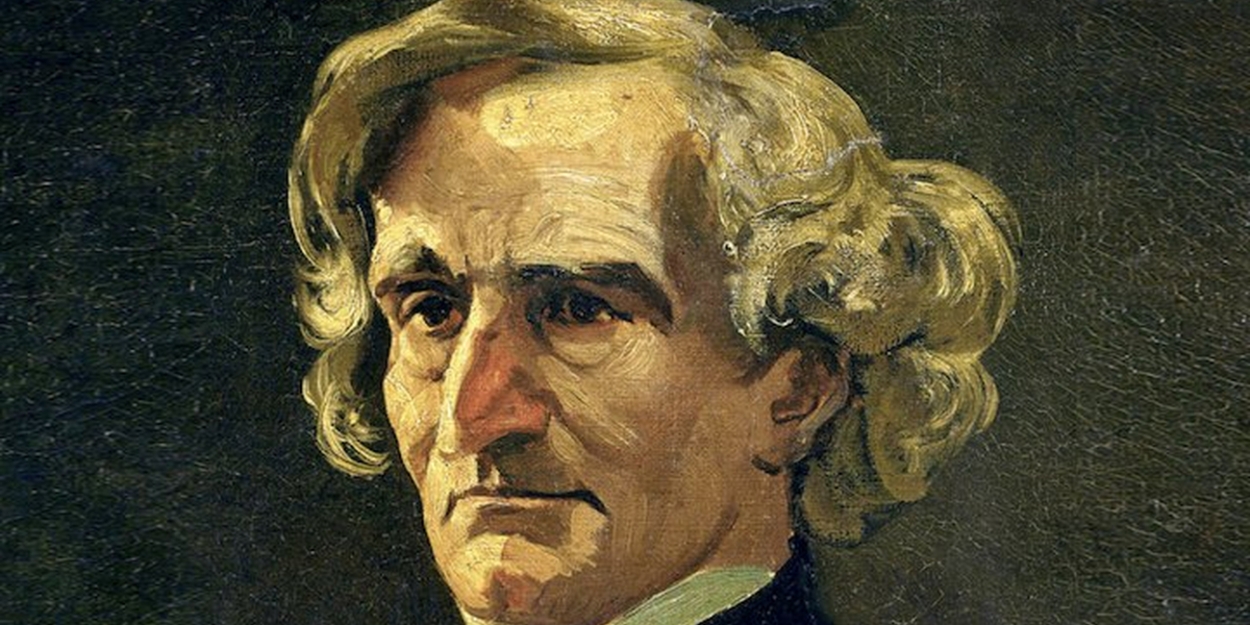
This August, the Bard Music Festival returns for its 34th season with an intensive two-week exploration of “Berlioz and His World.” In eleven themed concert programs, the festival examines the life and times of visionary French composer Hector Berlioz, whose grand-scale works, startling sonorities, and advanced literary leanings helped redefine musical Romanticism.
Weekend One contextualizes the composer within an age of Revolutionary Spectacle and Romantic Passion (August 9–11), and Weekend Two investigates his crucial role in uniting Music and the Literary Imagination (August 15–18). Aside from Program Six, presented in nearby Rhinebeck, all concerts take place in the stunning Frank Gehry-designed Fisher Center for the Performing Arts and other venues on Bard College's idyllic Hudson River campus. Six programs will also stream live to home audiences worldwide on Upstreaming, the Fisher Center's virtual stage, and chartered coach transportation from New York City will be available for the final performance (see details below). A centerpiece of the 21st Bard Summerscape festival, the Bard Music Festival is set once again to prove itself “the summer's most stimulating music festival” (Los Angeles Times).
Since its inception in 1990, the Bard Music Festival has enriched the standard concert repertory with a wealth of important rediscoveries. This is in no small part thanks to its founder and co-artistic director, Leon Botstein. “One of the most remarkable figures in the worlds of arts and culture” (NYC Arts, THIRTEEN/WNET), Botstein serves as music director of both the American Symphony Orchestra (ASO) and The Orchestra Now (TŌN), Bard's unique graduate training orchestra. At this year's festival, TŌN performs under his leadership in Weekend One, and the ASO joins him in Weekend Two. As in previous seasons, the Bard Festival Chorale takes part in all choral works under the direction of James Bagwell, and this year's final program – a concert performance of Berlioz's opera-oratorio (or “dramatic legend”) La damnation de Faust – features vocal soloists Sasha Cooke, Joshua Blue, Alfred Walker, and Stefan Egerstrom. Bard's other operatic, chamber, and vocal programs boast a comparably impressive lineup of guest artists (see below).
Berlioz and His World
Hector Berlioz (1803–69) was an innovator and a revolutionary. A guitarist and flutist who never studied the piano, he had an iconoclastic approach to composing from the start. By writing for massive forces, exploring new permutations of instrumental color, and publishing an influential Treatise on Instrumentation, he transformed the Romantic sound world, and, as Richard Strauss put it, “invented the modern orchestra.” Similarly, Berlioz's passion for theater and the written word, especially the works of Virgil, Shakespeare, and Goethe, inspired a flexibility with musical phrasing, form, and genre that freed them from Classical constraint. Yet, despite winning recognition for his music on tours of England, Germany, and Russia, Berlioz remained something of an outsider in his native France, where he supported himself primarily as a conductor and critic. As the 19th century's preeminent writer on music, and one who foregrounded storytelling in his compositions, he helped redefine the relationship between music and literature that has come to epitomize Romantic culture.
To explore Berlioz's life and world in all their complexity, the festival presents a broad sampling of his oeuvre, from such audience favorites as the Symphonie fantastique to less familiar works like the Te Deum, Lélio, and songs for voice and guitar. These will be heard alongside three undersung Romantic rarities – Pauline Viardot's salon opera Le dernier sorcier, Louise Farrenc's Third Symphony, and Joseph Joachim Raff's Tenth Symphony – together with music by Berlioz's musical heroes Christoph Willibald Gluck, Gaspare Spontini, and Carl Maria von Weber; opera composers he largely disparaged, like Luigi Cherubini and Gioachino Rossini; fellow writer-composers Robert Schumann and Felix Mendelssohn; other friends and contemporaries, including Franz Liszt, Niccolò Paganini, and Clara Schumann; those he met on his travels, such as Michael Balfe, Mikhail Glinka, and Pyotr Ilyich Tchaikovsky; and some of the many whose sonorities he would influence, from Edgard Varèse and Olivier Messiaen to Luciano Berio and Steve Reich. Two thought-provoking panel discussions and a series of informative pre-concert talks will illuminate each concert's themes. On August 17, there will be a Summer Soirée at Blithewood, Bard's turn-of-the-century mansion overlooking the Hudson River.
Weekend One: Revolutionary Spectacle and Romantic Passion (August 9–11)
Program One, “Staging the Musical Imagination,” a concert with commentary by Botstein, launches the festival with the rare opportunity to hear Berlioz's most famous work as he intended: paired with its little-known sequel. Written just three years after Beethoven's death, the Symphonie fantastique revolutionized the symphonic form for the Romantic age. Through its detailed, semi-autobiographical program note; its unifying and mutating principal theme, or idée fixe; and vast forces that include instruments previously confined to the opera house, Berlioz took the genre to a newly theatrical realm to chronicle the unrequited love that drove him to visions of suicide, murder, and gothic horror. Pathbreaking, of seminal importance, and enduringly popular, the symphony nonetheless finds its “conclusion and complement” in Lélio, ou Le retour à la vie, its seldom-programmed sequel. Featuring spoken monologues, vocal soloists, mixed chorus, and a conclusion inspired by The Tempest, this boldly experimental, genre-defying work revisits the story and idée fixe of Berlioz's symphony, recounting the artist's “return to life” through his love of literature and music. (This concert will be livestreamed.)
Program Two, “Anxieties of Influence: Models and Teachers,” helps contextualize Berlioz among his predecessors, mentors, and peers. One of his little-known chamber works will be heard alongside examples by Luigi Cherubini, under whose headship he chafed at the Paris Conservatoire, and Elias Parish Alvars, whom he considered “the Liszt of the harp.” Also featured are Carl Maria von Weber's Invitation to the Dance – the piano piece Berlioz orchestrated for his French adaptation of Der Freischütz – and operatic excerpts by his early composition teacher Jean-François Le Sueur, fellow Prix de Rome winner Ambroise Thomas, and Italian opera composer Gaspare Spontini, whom he dubbed “the genius of the century.” The program's centerpiece is the substantial yet underrated C-minor String Quartet of Berlioz's Czech-born teacher, Anton Reicha.
Program Three, “The Sounds of a Nation: Patriotism and Antiquity,” offers an orchestral snapshot of mid-19th century France. Originally conceived as the climax of a symphony celebrating Napoleon Bonaparte, Berlioz's choral setting of the Te Deum hymn is one of his greatest religious works, combining architectural mastery with grandeur of expression. Les Troyens, his grand opera based on Virgil's Aeneid, is yet more monumental in scope. An epic tour de force that, to his chagrin, the composer never saw performed complete, the opera is represented here by the “Trojan March,” the tone poem “Royal Hunt and Storm,” and the Merchant of Venice-inspired duet “Nuit d'ivresse et d'extase infinie.” These share the program with Berlioz's stirring arrangement of the Marseillaise, the French national anthem, together with overtures by Daniel-François-Esprit Auber and Christoph Willibald Gluck, the composer Berlioz deemed, with Beethoven, one of music's “two supreme gods.” (This concert will be livestreamed.)
In a thoughtfully curated concert with commentary, Program Four, “Chansons, romances, et mélodies: Vocal Music from Cosmopolitan Paris,” musicologist Byron Adams explores the rich variety of songs heard in the Parisian salon. Featured composers range from Giacomo Rossini, the leading light of Berlioz's youth, to Pyotr Ilyich Tchaikovsky, whom he met late in life in Russia; younger scions Georges Bizet and Gabriel Fauré; and Pauline Viardot, the mezzo-soprano who created the female lead in Meyerbeer's Le prophète (SummerScape 2024's mainstage opera) and whom Berlioz originally envisioned as Les Troyens' Dido. He himself is represented by three songs from Irlande, a collection reflecting his feel for the cadences of Gaelic‐inspired verse.
As Program Five, “Women Musicians in Berlioz's Time,” discovers, Viardot was one of several women to stake a serious claim in the previously all-male province of professional music. Berlioz helped stage La Esmeralda, an opera by fellow Reicha student Louise Bertin, to whom he dedicated the first version of Les nuits d'eté. One of the Romantic era's most distinguished pianists, Clara Schumann is finally also winning recognition today for her own compositions, including the piano collection Soirées musicales. She was among the attendees of the first performance of Viardot's Le dernier sorcier. This little-known rarity – a two-act chamber opera set to a French libretto by Ivan Turgenev, the composer's lover – will be performed in a semi-staged production of Viardot's original salon arrangement for voices and piano. Also on the program are two Berlioz works for female voice – Le mort d'Ophélie, inspired by Hamlet, and La captive, which Viardot sang in London – together with a Rossini aria made famous by Viardot's sister, legendary singer Maria Malibran. (This concert will be livestreamed.)
Weekend Two: Music and the Literary Imagination (August 15–18)
Following the success of last season's first foray off-campus, the Bard Music Festival returns to nearby Rhinebeck for Program Six, “Sacred Music in France.” Once again featuring the renovated organ of the Episcopal Church of the Messiah, this program presents a range of religious works in the ecclesiastical environment for which they were written. Organ pieces by masters of the genre Alfred Lefébure-Wély, Camille Saint-Saëns, and Olivier Messiaen will be interspersed with short choral works by Berlioz, Cherubini, Meyerbeer, Fauré, and Dmitry Bortniansky, a Ukrainian who served at the court of Catherine the Great. The program showcases two Romantic compositions that were first presented to the public as rediscoveries from the past: a faux-Renaissance hymn by Pierre-Louis Dietsch and the purportedly 17th-century La fuite en Égypte. Heard here in the original version for tenor, chorus, and chamber orchestra, this was in fact by Berlioz, who later incorporated it into his oratorio L'enfance du Christ.
Berlioz was one of the first composers to publish memoirs for posterity. Encompassing many of his earlier writings, especially those devoted to his travels, they are sometimes unreliable, yet also vivid, personal, and entertaining. Program Seven, “Berlioz: The Composer as Writer,” alternates chamber works by the composer and his contemporaries with readings about them from his memoirs, letters, and criticism. Featured composers include Fromental Halévy, creator of the popular grand opera La Juive; Mikhail Glinka, whom he met and admired in Russia; Ireland's Michael Balfe, whose music he conducted in London; and Charles-Valentin Alkan, dubbed “the Berlioz of the piano.” Niccolò Paganini's Cantabile is juxtaposed with a complete account of Berlioz's Harold en Italie, as arranged with piano accompaniment by Franz Liszt, a lifelong friend. As Berlioz recounts, Paganini first commissioned the work to showcase his Stradivarius viola, then rejected it as insufficiently virtuosic, and finally hailed it as a masterpiece, sending Berlioz the extravagant sum of 20,000 francs by way of apology. (This concert will be livestreamed.)
Among his peers, Berlioz was by no means the only eminent writer on music. Robert Schumann, whom he befriended in Germany, was a similarly influential critic with a comparably vibrant literary style; Ferdinand Hiller, Berlioz's close friend for 40 years, corresponded with all the leading musicians of Europe; American pianist-composer Louis Moreau Gottschalk was another early memoirist; and Fanny Mendelssohn, as her correspondence reveals, was an astute commentator on musical life in Berlin. Felix Mendelssohn, with whom Berlioz made friends in Italy, was a true man of letters who met and impressed Goethe as a child, became a skilled amateur poet, and wrote some 8,000 letters in German, French, and English. Program Eight, “Literary Romantics,” brings these and other composers into focus through works including Mendelssohn's posthumously published Second String Quintet and Berlioz's Les nuits d'été. Set to poems by Berlioz's friend Théophile Gautier, the cycle – a jewel of the art song repertoire – will be heard in its first incarnation, with each song sung to piano accompaniment by a different vocal soloist.
Program Nine, “An Evening with the Orchestra,” offers the chance to hear two little-known Romantic symphonies, both overdue for restoration to the canon. After studying with Reicha at the Paris Conservatoire, Louise Farrenc went on to become the only female professor hired there in the 19th century. Like Berlioz, who admired her orchestration, she was one of the few to write symphonies in Paris when they were far from fashionable. Unlike his contributions to the genre, however, her masterly Third Symphony is traditional in design and Germanic in its influences. So too are the works of German-Swiss composer Joseph Joachim Raff, heralded as one of the leading symphonists of his day. Forming the third part of his “seasons” cycle, Raff's Tenth Symphony, “In Autumn,” follows a program inspired by nature and folklore, and has prompted comparisons with Schumann and Mendelssohn. These substantive Romantic rarities share the program with Rossini's programmatic William Tell Overture, a longtime audience favorite and one of the few examples of his work to impress Berlioz, and the French composer's own Waverley Overture, an early composition inspired by the novels of Walter Scott. (This concert will be livestreamed.)
Berlioz's innovative instrumental soundscapes had an extraordinary and liberating impact on the composers who followed. Program Ten, “Berlioz's Transformation of the World of Sound,” pairs his Chant sacré, in a reconstruction of the lost version for saxophones, with a sampling of the unorthodox sonorities he helped inspire. These include pieces respectively showcasing the cornet, by virtuoso cornetist Jean-Baptiste Arban; bassoon, by Edward Elgar; and French horn, by Richard Strauss, who edited and updated the Treatise on Instrumentation. Such works helped open the door for some of the 20th century's most adventurous sounds, by Berlioz's compatriots Edgard Varèse and Messiaen, who shared his focus on timbre; Italian experimentalist Luciano Berio, whose trombone showpiece calls for extended techniques and theatricality; and American minimalist Steve Reich, whose Clapping Music eschews traditional instrumentation altogether. The program concludes with Six Bagatelles for wind quintet by Hungarian modernist György Ligeti, for whom timbre and texture were both vital structural elements.
A pinnacle of German literature, Goethe's Faust reimagines the classic tale of the scholar who sells his soul to the devil as a complex philosophical drama. Touching on a host of Romantic themes, his retelling inspired music by some of the most important composers of the era, including Schubert, Schumann, Wagner, and Liszt. For Berlioz, who considered Goethe one of literature's three greatest figures, the story became an obsession. In La damnation de Faust, originally billed as an “opéra de concert,” Berlioz thought he had finally done justice to Goethe's masterpiece. The work's first audiences, however, felt differently. Recalling its two poorly attended, ill-received first performances, Berlioz wrote: “Nothing in all my artistic career ever wounded me so deeply as this unexpected indifference.” He could not know that, of all the musical settings of the work, his would become one of the best-loved and most highly respected. Expanding and enriching material from Huit scènes de Faust, his own earlier treatment of the same story, La damnation is now a beloved repertory staple. Program Eleven, “Faust and the Spirit of the 19th Century,” presents the epic work in concert, with British-American tenor Joshua Blue as Faust, two-time Grammy-winning mezzo-soprano Sasha Cooke as Marguerite, bass-baritone Alfred Walker as Méphistophélès, and bass Stefan Egerstrom as the student Brander. Anchored by Botstein and the ASO, their performance draws the Bard Music Festival – and all seven weeks of Bard Summerscape – to a fittingly dramatic close. (This concert will be livestreamed.)
Supplementary events and companion book
Besides the eleven concert programs, there will be two free panel discussions: “A Revolutionary Life in a Revolutionary Era” and “Musical Romanticism and Literature.” These will be supplemented by informative pre-concert talks – all free to ticket-holders – to illuminate some of the individual programs' themes. Bard Summerscape also presents the first American production in 47 years of Le prophète, a French grand opera by Berlioz's contemporary Giacomo Meyerbeer (July 26–August 4).
Since its founding, each Bard Music Festival has been accompanied by the publication of a companion volume of new scholarship and interpretation, with essays and translated documents relating to the featured composer and their world. Published by the University of Chicago Press, Berlioz and His World is edited by Bard's 2024 Scholars-in-Residence: Case Western University's Francesca Brittan, whose publications include Music and Fantasy in the Age of Berlioz, and the University of Bristol's Sarah Hibberd, author of French Grand Opera and the Historical Imagination.
Round-trip bus transportation from New York City
Chartered bus transportation from New York City is available for the festival finale, Program Eleven (August 18). This may be ordered online or by calling the box office at 845-758-7900, and the meeting point for pick-up and drop-off is at Lincoln Center on Amsterdam Avenue, between 64th and 65th Streets. More information is available here.
SummerScape tickets
Tickets for mainstage events start at $25 and livestreams are $20. Panel discussions are free of charge and open to the public. For complete information regarding tickets, series discounts, and more, visit fishercenter.bard.edu or call Bard's box office at (845) 758-7900.
Comments
SPONSORED BY THE REV
 |
||||
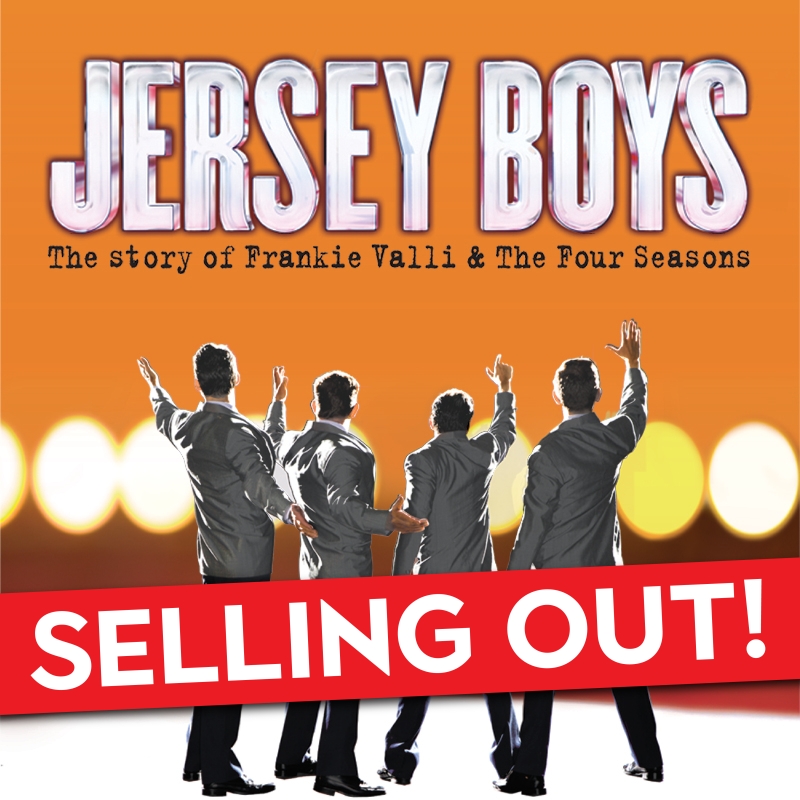 |
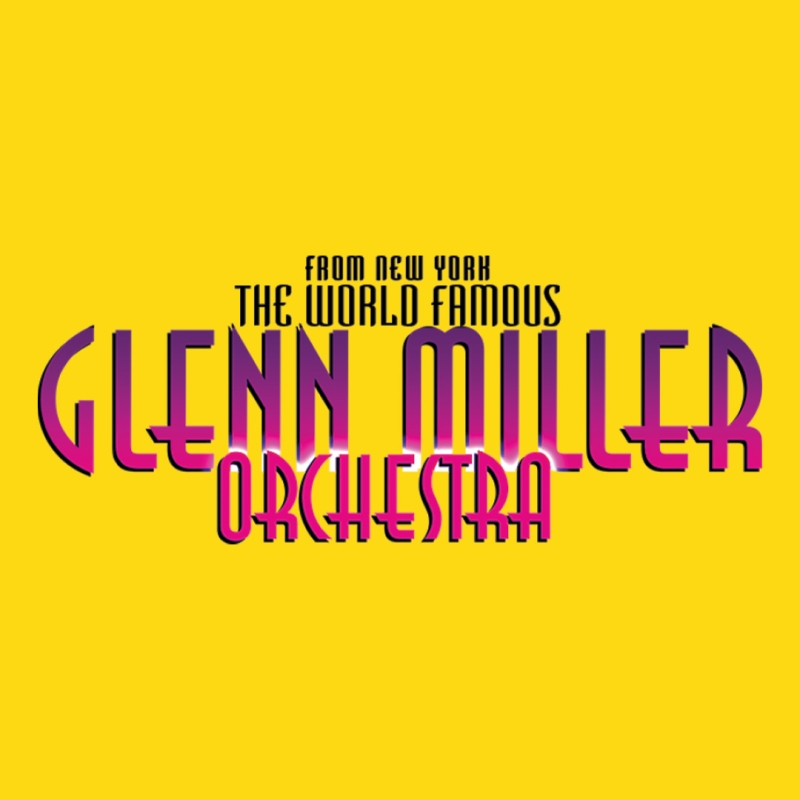 |
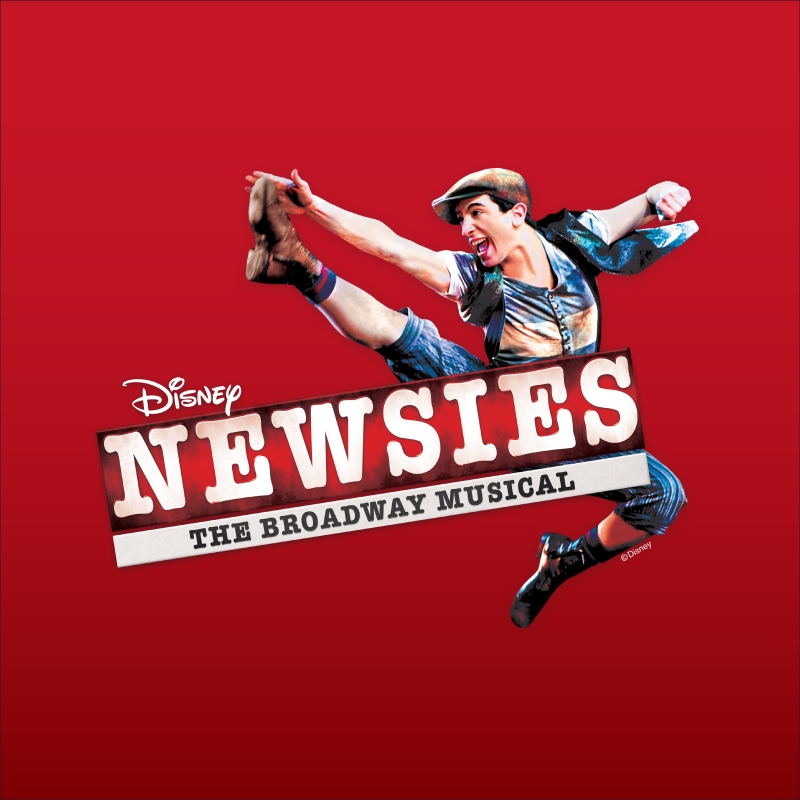 |
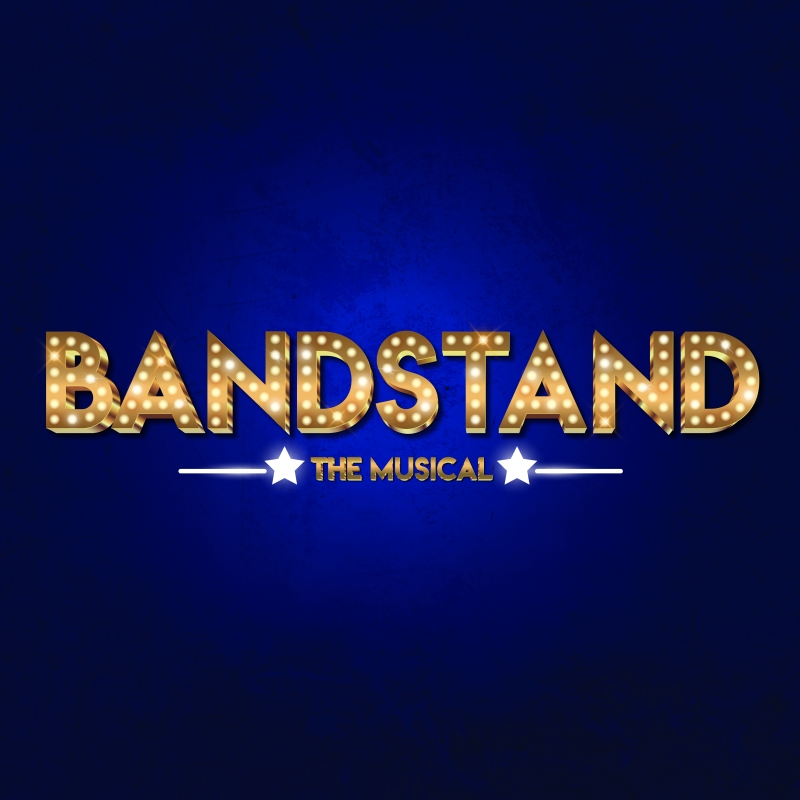 |
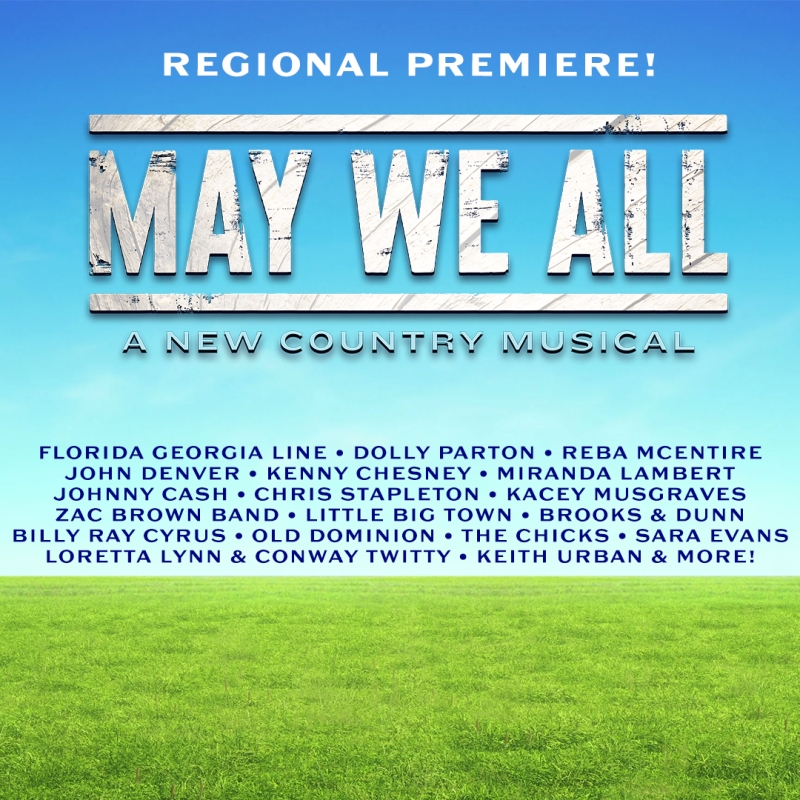 |
Videos

